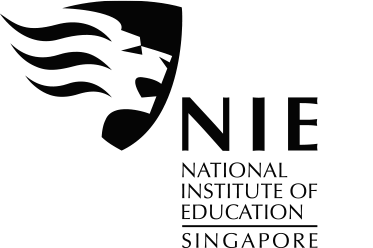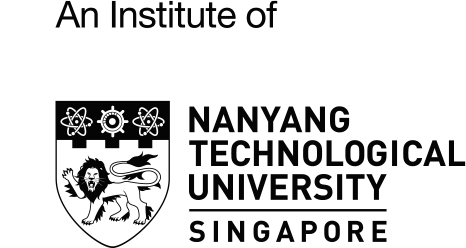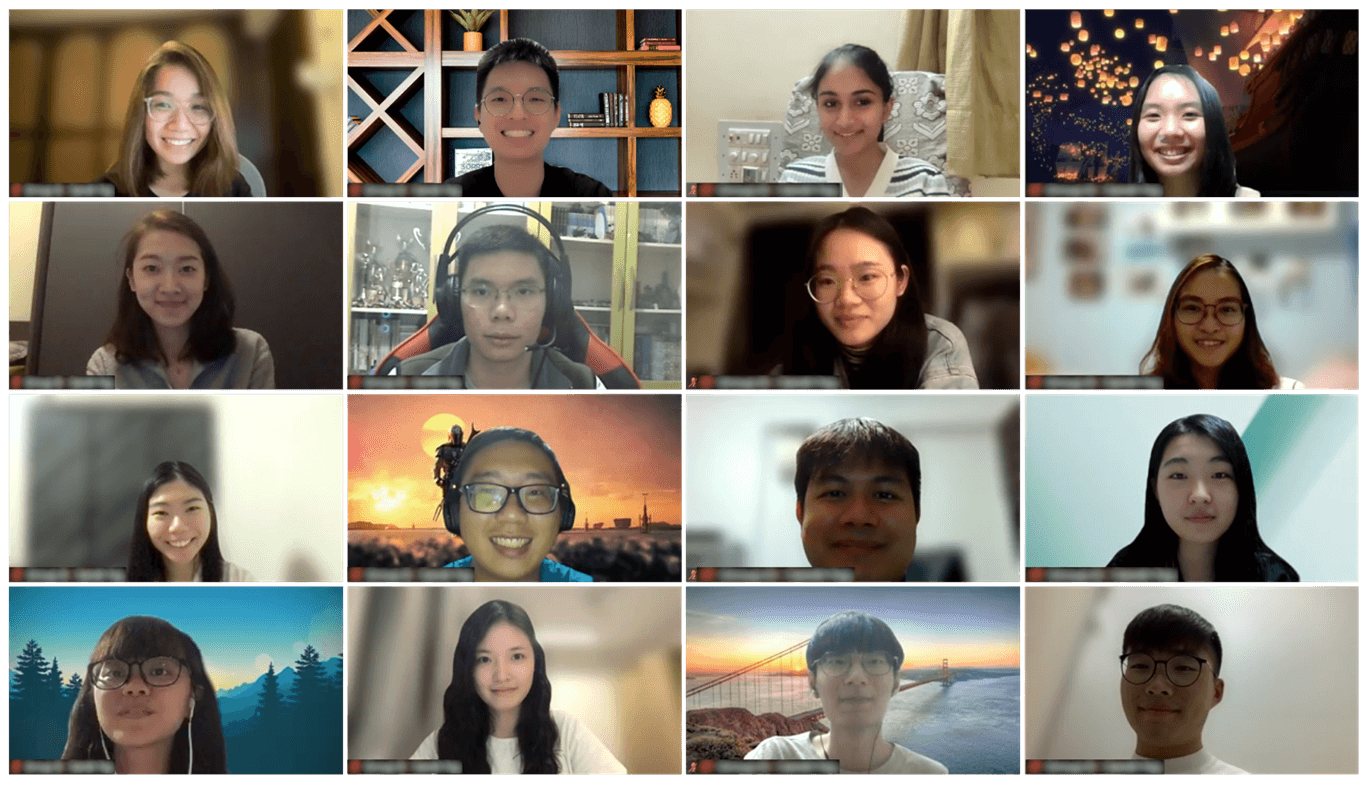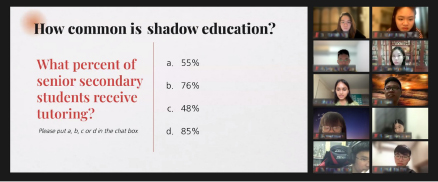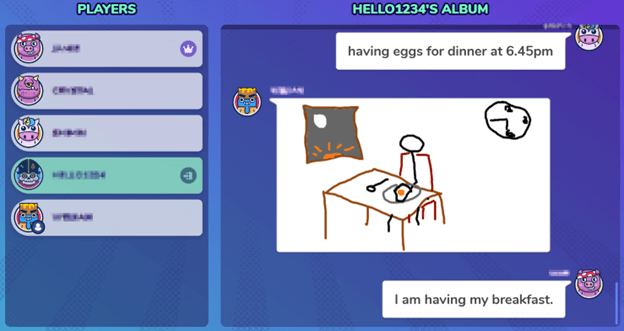Forging Real Friendships through Virtual Collaboration
Learning horizons are broadened as new friendships unfold through a virtual exchange programme for student teachers from NIE NTU, Singapore and The University of Hong Kong (HKU). Student leader and Year 2 BSc (Ed) (Secondary) student, Mr Chua Wei Jian, reports.
I was among nine NIE student teachers who attended the second NIE-HKU Virtual Collaboration organised by the 31st NIE Student Teachers' Club (NSTC) from 29 January to 26 March 2022. The programme was conducted over eight online sessions and involved seven student teachers from HKU. The sessions aimed to provide participants with meaningful opportunities to learn more about the education system and culture in each other's country. Most importantly, it was a chance to forge new friendships despite the pandemic.
The sessions kicked off with the chance to explore both Singapore's and Hong Kong's education system — including the multiple education pathways, methods of assessment and teacher education in each country. I found that both countries' education systems had numerous similarities, and that the experiences of our Hong Kong counterparts were largely similar to my own schooling experience in Singapore. For example, private tutoring is a common phenomenon for both sides, although it is known as “shadow education” in Hong Kong. While private tuition in Singapore is generally operated with small class sizes, I was surprised that a “shadow education” class could be as large as 100 students!
The subsequent sessions involved deeper discussions about education systems. We also discussed topics like sexuality education, special education needs and the success factors underlying both education systems. Given the specificity of these topics, we were free to invite other students and faculty members from our universities to participate in the webinars to broaden our horizons on these forms of education in both systems. The conversations were really interesting and helpful, and everyone came away with greater knowledge and insights. Our HK counterparts revealed how sexuality education was often overlooked or only briefly covered in school. We responded with our own thoughts and experiences, which the HKU students found encouraging. I'm sure we all drew important lessons that could be brought to our future classrooms.
I particularly enjoyed the cultural exchanges, where we talked about our daily lives in Singapore and Hong Kong before and during the COVID-19 pandemic. Since we were still unable to travel overseas at that time, we started recommending our favourite tourist attractions and ideas for future travels to Hong Kong and Singapore. It was heart-warming to see everyone participating enthusiastically and sharing openly about their daily lives. We even got to bond through online games like Gartic Phone, which was great for breaking the ice!
Towards the end of the virtual exchange, we shared about our motivations and aspirations as teachers-to-be. My fellow student leader Shi Min, a Year 2 BA (Ed) (Secondary) student, told me that she felt very inspired by the sharing, even though there were clear challenges in the journey ahead of us. She was heartened at how people could arrive at very similar values and concerns, even though they came from varied backgrounds and would be teaching different subjects in the future.
To me, teaching is not just hard work, but also heart work. Through the exchange, I've learned that the heart and passion to teach is the same, despite cultural and geographical differences. No matter how tough our future in teaching may be, we know our challenges will shape us and we look forward to becoming better educators for our students in the future.
We concluded our three-month collaboration by sending a virtual postcard to our respective buddies. Another fellow leader Wen Xuan, a Year 2 BA (Ed) (Secondary) student, said she felt truly grateful to have participated as well as helped with the planning of the collaboration. She believes the virtual experience has given her valuable insights and knowledge about the education system, culture and way of life in Hong Kong. Like Wen Xuan, I have also benefited greatly from the session and I do look forward to joining future editions of these collaborations.
Wei Jian would like to thank his fellow student leaders, Crystal and Vera from HKU, and Shi Min and Wen Xuan from NIE, for their time and effort in planning, organising and facilitating the exchange. He would also like to acknowledge Ms Nurfilzah Binte Mohamed Razib and Mr Sunny Sitoe from the Office of Teacher Education (OTE) for liaising with HKU and overseeing the programme.


